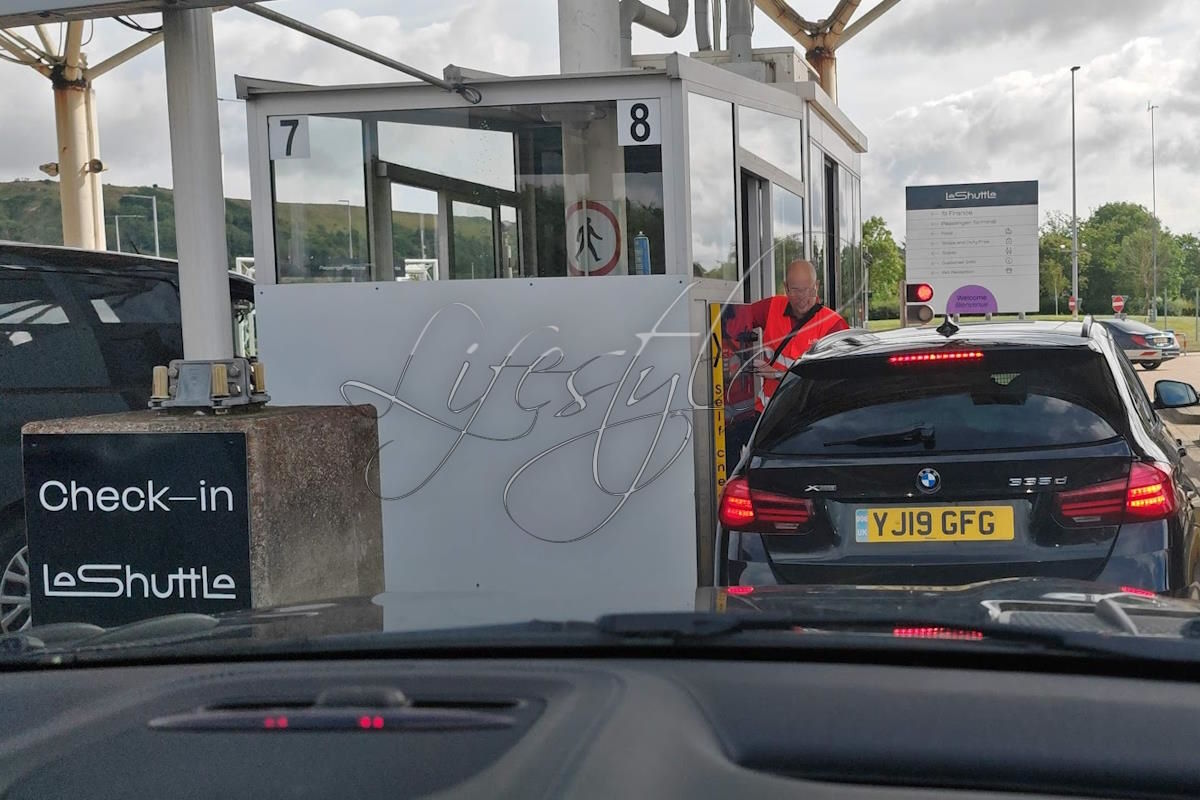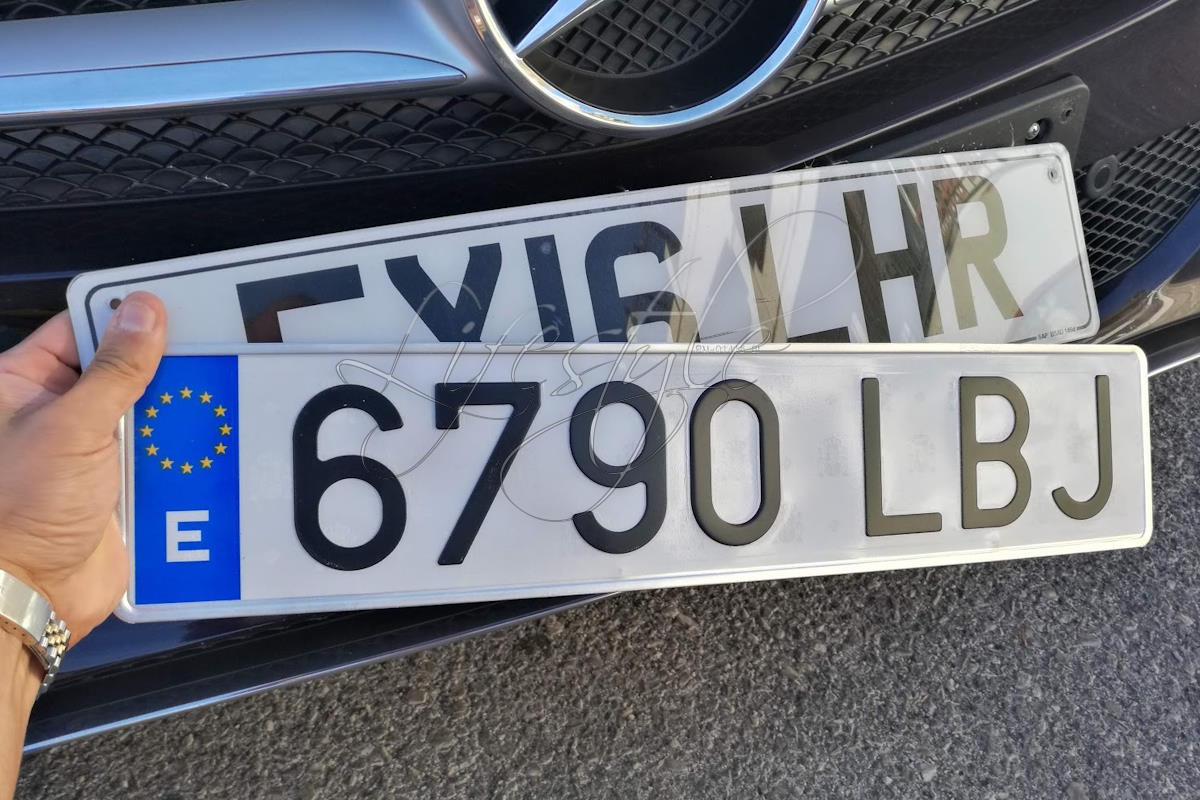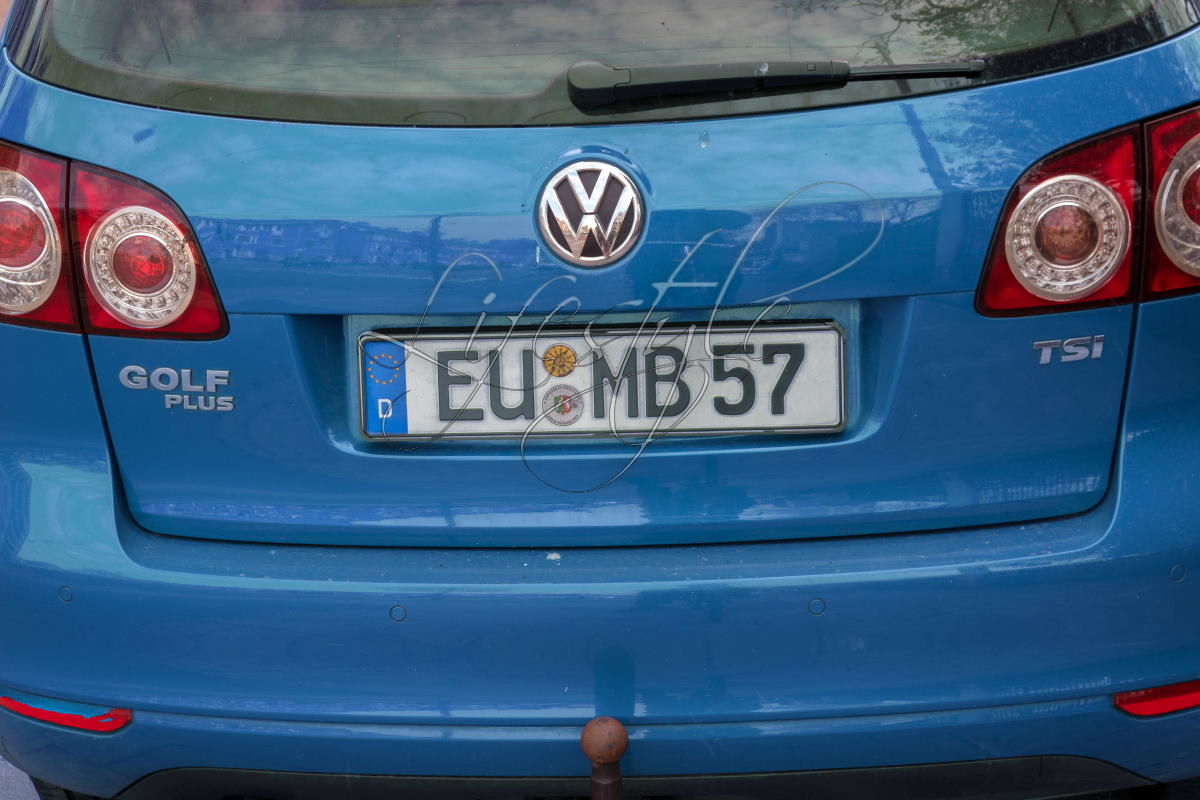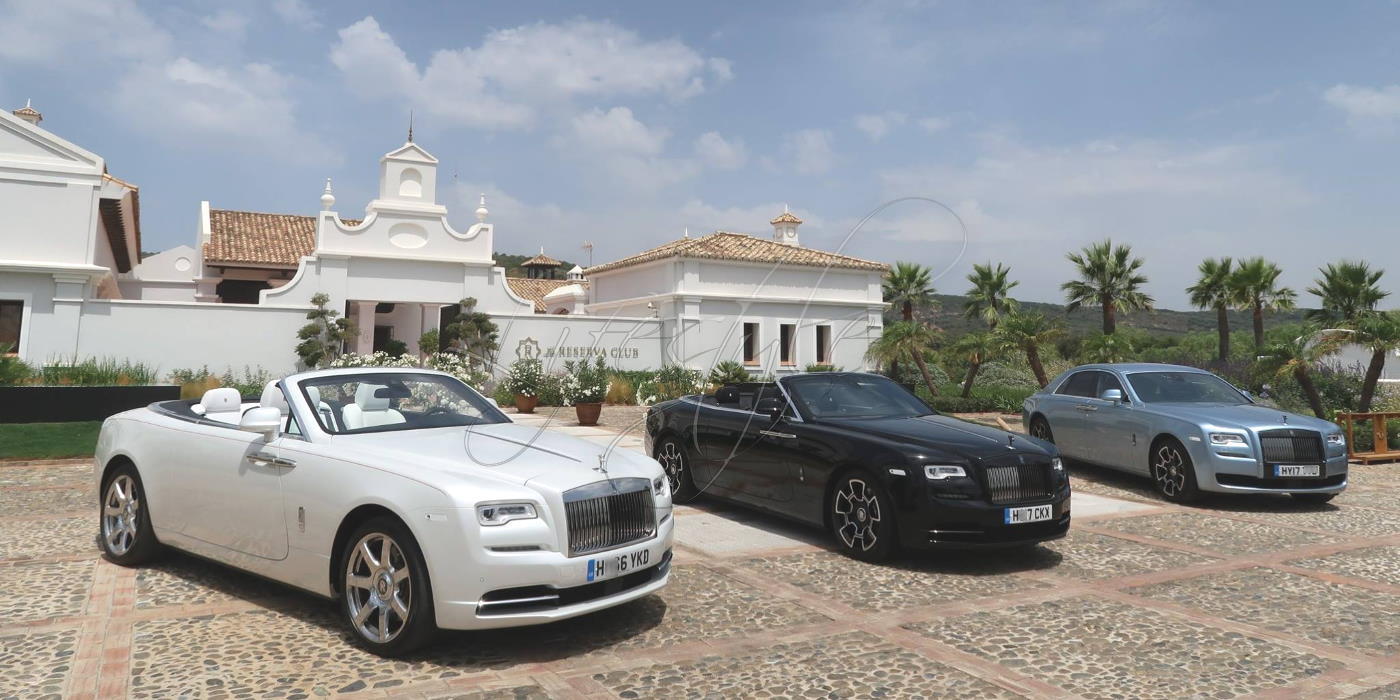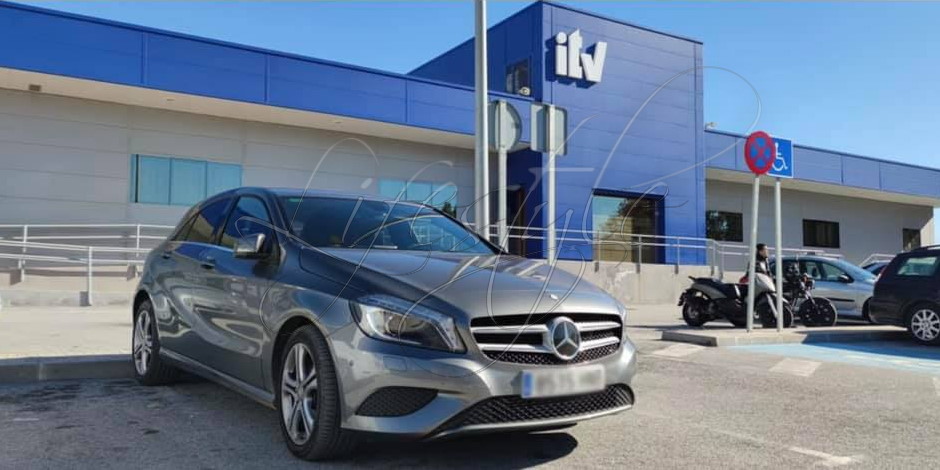Bringing your UK Car When Moving from the UK to Spain – What You Need to Know
If you’re planning on making a permanent move from the UK to Spain, one practical (and often emotional) decision is whether to bring your UK car with you. While some assume it’s easier to sell their vehicle and buy a Spanish car on arrival, the reality is that in many cases, bringing your UK car when moving from the UK to Spain can save you money, offer better value, and simplify your move.
Here we cover the pros and cons of bringing your UK car when relocating to Spain, outlining when it’s financially worthwhile, and highlighting situations where it may not be the best option.
When and Why Bringing Your UK Car to Spain Is Often Worth It
✅ 1. Used Cars in Spain Are Expensive and Often Comparitively Poor Value
One of the first shocks for many people moving from the UK to Spain is the price of second-hand cars in Spain. Compared to the UK, used vehicles in Spain are generally:
> More expensive
> Older
> Higher mileage / KM’s
> Worse overall condition
If you already own a car in good condition, it’s usually far cheaper and better value to bring it with you than to replace it once you’re here.
✅ 2. You Qualify for Tax Exemptions
If you’re moving to Spain permanently and bringing your personal belongings, including your car, you may be eligible for tax exemptions that make importing the car extremely cost-effective.
You can typically avoid paying:
> Customs duty
> VAT (IVA)*
> Registration tax
To qualify, you must:
> Be officially moving your residence to Spain, i.e. becoming a fulltime tax resident
> Have owned and used the vehicle in the UK for at least 6 months prior to the date your residency in Spain starts
> Bring the car into Spain and register it within 12 months of your move to Spain
These exemptions can save thousands of euros, making a huge difference in your decision.
✅ 3. You Know Your Vehicle
When relocating, having a vehicle you trust makes settling in smoother. You know how your UK car drives, its full history, and that it’s been properly maintained—unlike many used cars sold in Spain, which can be a gamble.
*A car that is less than 6 months old or that has covered less than 6000 kilometres will always be subject to VAT when imported to Spain
Things That Might Affect Also Your Decision
⚠️ Right-Hand Drive
UK vehicles are right-hand drive (RHD), which is legal to use in Spain once registered. Many expats adjust quickly, but RHD can be inconvenient in:
> Car parks
> Toll booths
> Overtaking on single-lane roads
Also, resale value of RHD cars in Spain is lower than LHD, so bringing your car is usually best when you plan to keep it long-term.
⚠️ Vehicle Modifications & ITV
To register a UK car in Spain, it must pass the ITV (Spain’s vehicle inspection). You may need:
> Headlights adjusted or replaced
> Rear fog light repositioned or complete rear light cluster replaced
> Speedometer to show km/h (dual dials or digital are usually acceptable)
> Removal of or homologation certificates for non-factory additions such as sidesteps and towbars
> New tyres if they are not the ame across each axel
While these adjustments are in most cases straightforward and not too costly to take care of, they must be considered and factored into your budget.
⚠️ Insurance for UK Cars
Most Spanish insurers do not cover UK cars, however there are a very small number of specialist insurers that do. Premiums may be slightly higher initially, but are fine once the car is registered onto Spanish licence plates.
When Bringing Your UK Car to Spain Might Not Work
While bringing your UK car is often a smart move when moving permanently to Spain, there are exceptions:
✘ You Bought the Car Less Than 6 Months Ago
If the car was recently purchased in the UK, you won’t qualify for tax exemptions. This means you’ll likely need to pay:
- 21% VAT
- Customs duties 10%
- CO₂-based registration tax up to 17%
In this case, importing can be a very costly affair.
✘ High Emission Vehicles
If your car doesn’t qualify for exemption and has high CO₂ emissions, the registration tax could be high—especially for large engines or older models.
✘ You Aren’t Sure If You’re Going To Stick It Out
Having a holiday home and visting Spain as a tourist is not the same as living there fulltime. If you’re not sure whether you going to like actually living in Spain, the registration process, cost, and paperwork might not be worth the effort. In this case you might consider selling or parking up your UK car in the UK and perhaps leasing a car in Spain.
The Bottom Line: Should You Bring Your Car When Moving to Spain?
✅ Yes, if:
- You’re moving to Spain permanently
- You already own a good quality UK car
- You owned the car for more than 6 months (and it has more than 6000 KM’s on the clock)
- You plan to keep the car long-term
- You qualify for tax exemptions
❌ No, if:
- You recently bought the vehicle
- You don’t qualify for exemptions
- You’ll only stay in Spain short-term
- You don’t want to drive a right-hand drive car
- The car is less than 6 months old or has less than 6,000 KM’s on the clock
Are You Thinking About Bringing Your UK Car When You Move to Spain? Would You Like Help With the Import and Registration Process?
At Lifestyle, we specialise in visa. residency and relocation services for people moving from the UK to Spain. We help our clients bring their car legally and cost-effectively when they move as part or their relocation service package. From confirming your eligibility for and getting tax exemptions to clearing customs, the ITV, and registration registration paperwork, we handle it all.
Want to know more?
Get in touch if you would like to find out more about our UK to Spain visa, residency and relocation services, and how we can make bringing your car when moving to Spain simple and stress-free.
Learn more about the process and costs to Register a UK Car in Spain.

